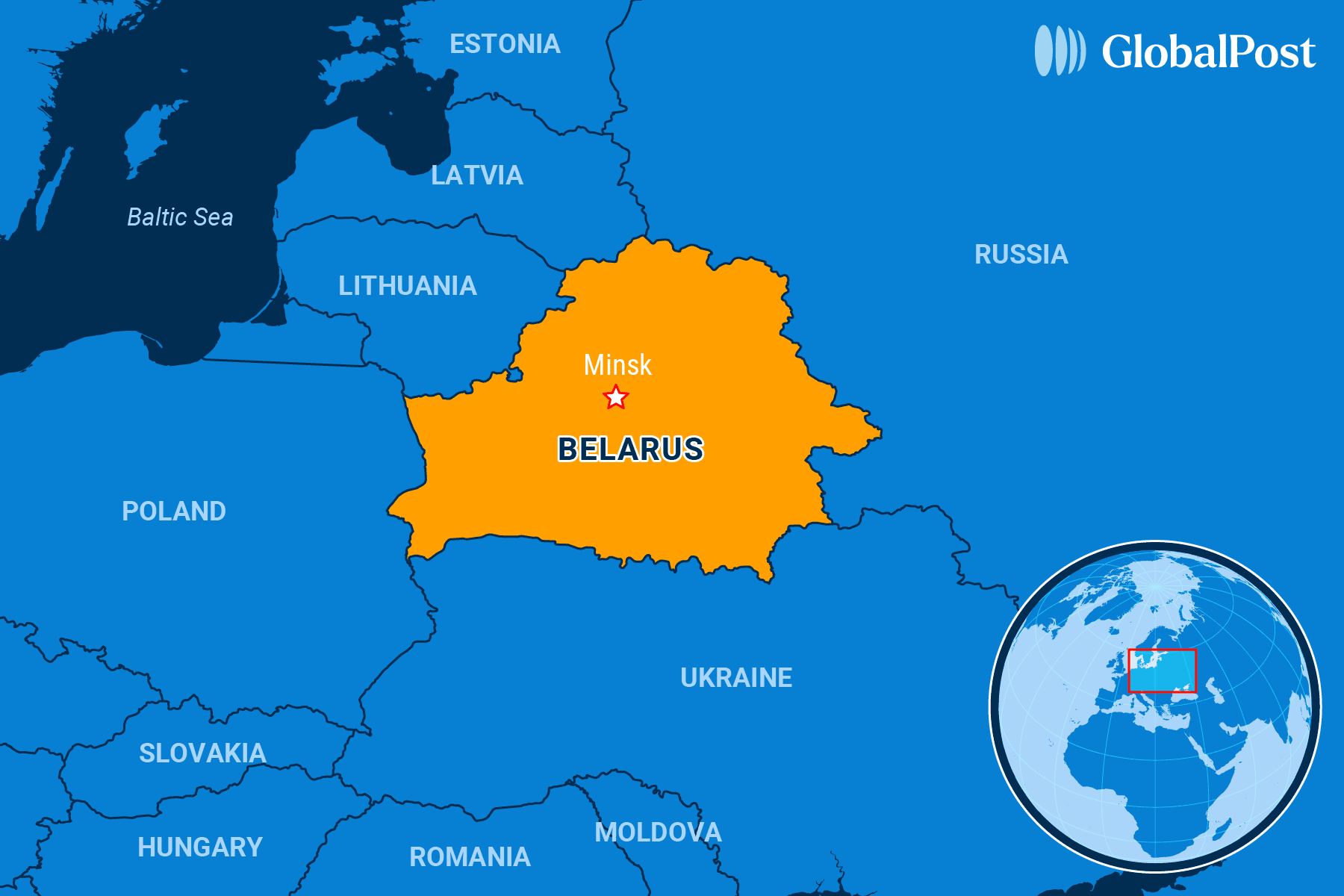Second Thoughts

Almost five years ago, Belarus held presidential elections that some believe were the most consequential elections in the country’s history.
Then, the former Soviet republic erupted into weeks of wide-ranging protests over the results of a fraudulent election that gave Alexander Lukashenko his sixth term in office.
But what the protests also did was “disrupt the liberalizing trend that had progressed in domestic politics and civil society for half a decade before 2020 … (and) led to an unprecedented crisis in Belarus’ relations with the West,” wrote the Jamestown Foundation.
And now, it says, change is on the distant horizon again.
That won’t impact the current election, however. When Belarussians go to the polls on Jan. 26, it’s clear that Lukashenko will win his seventh term. To wit, there are no real opposition candidates in the race: All the candidates running against the incumbent have expressed support for Lukashenko.
Second, few are expecting anything like the protests of five years ago – much of the opposition is in jail or in exile abroad. Exiled Belarusian opposition leader Sviatlana Tsikhanouskaya even told her allies to stay home, arguing that they shouldn’t expend energy on a “ritual” preordained to rubberstamp the autocrat, Reuters wrote.
Meanwhile, the repression against opponents continues, with more than 1,200 political prisoners in detention, some opposition parties banned, and independent journalists jailed or in exile. Lukashenko has also warned that he would shut down the Internet if protesters took to the streets, noted the Kyiv Independent.
At the same time, Belarus is firmly and tightly ensconced into Russia’s orbit, hosting Russian nukes, assisting in the war in Ukraine with weapons and logistics, and, most recently, pledging to host Russia’s new “Oreshnik” intermediate-range hypersonic missile on its territory.
Russia has also pledged to quash any “disorder” during the elections in Belarus.
All this is part of the Kremlin’s endgame “to de facto annex Belarus by formalizing the Union State as a Russian-dominated federated government that grants Moscow dominant power over most if not all aspects of Belarusian governance,” wrote the Institute for the Study of War recently.
However, things might be changing anyway. Analysts say the Belarussian president may be trying to reset the country’s relationship with the West.
Last fall, Lukashenko released more than 200 people jailed for participating in anti-government protests that half-decade ago. Some say that is a move to get US and European sanctions removed.
“The unusual move is likely a signal to the West that Minsk is uncomfortable about the prospect of permanent dependence on Moscow,” wrote Carnegie Politika. “This is Belarus’s way of sending a signal, and there can only be one possible addressee: the West … Alexander Lukashenko’s regime may be benefiting from the ongoing war in Ukraine, but he still wants to prepare for a less rosy future.”
The possible shift echoes one a decade ago, when Lukashenko began making efforts to distance Belarus from Russia and draw closer to the West, mainly to help his country’s economy. That move ended after the protests of 2020 when he realized he needed Russia to maintain power.
Analysts say it’s unlikely the West will respond to the prisoner release, especially as Belarus is so involved with Russia and its war on Ukraine. Others say the West shouldn’t overstate the move.
Still, Western leaders have been watching the developments with interest but say releasing a small number of low-profile figures isn’t enough. Eastern European leaders are even more opposed to reversing policies toward Belarus, remembering how Lukashenko weaponized migration against Poland.
“Whenever elections in Belarus approach, the Lukashenko regime takes superficial steps, freeing a few political prisoners to create an illusion of cooperation with the West,” said Lithuanian Foreign Minister Gabrielius Landsbergis. “I hope we won’t fall for it this time.”

Subscribe today and GlobalPost will be in your inbox the next weekday morning
Join us today and pay only $46 for an annual subscription, or less than $4 a month for our unique insights into crucial developments on the world stage. It’s by far the best investment you can make to expand your knowledge of the world.
And you get a free two-week trial with no obligation to continue.
